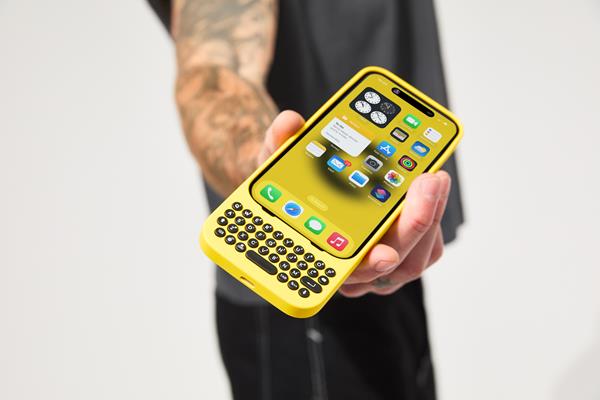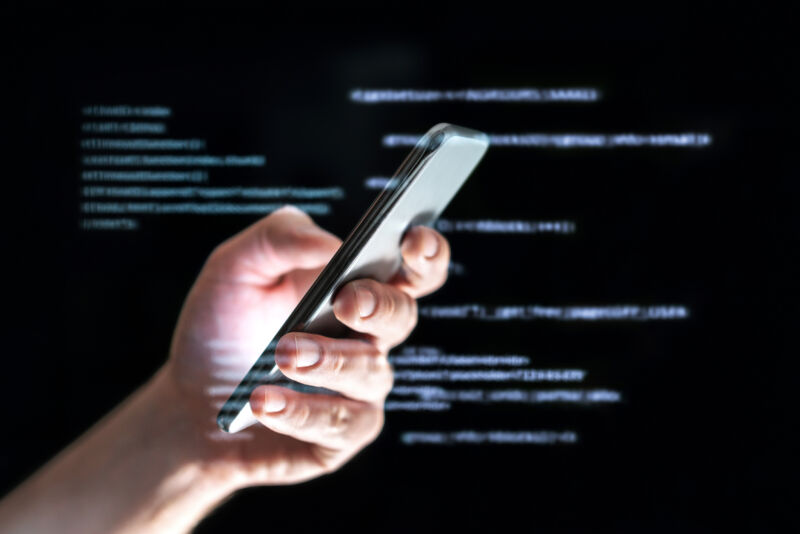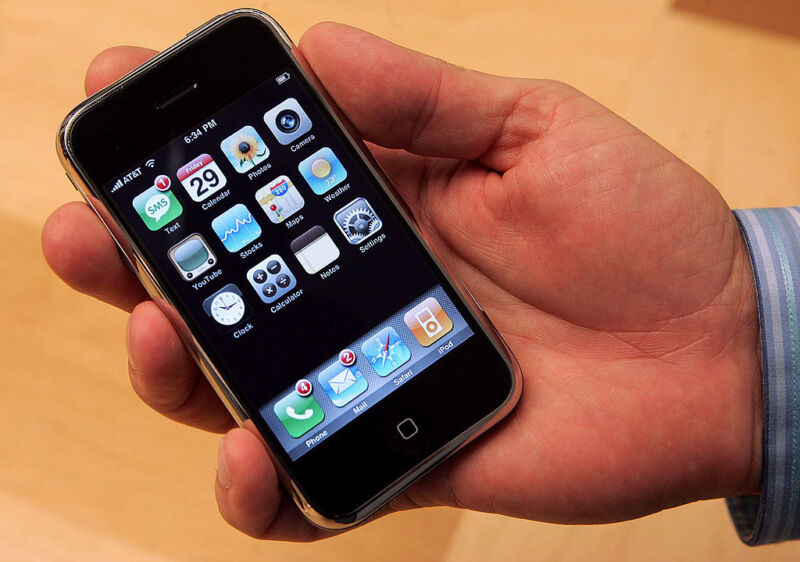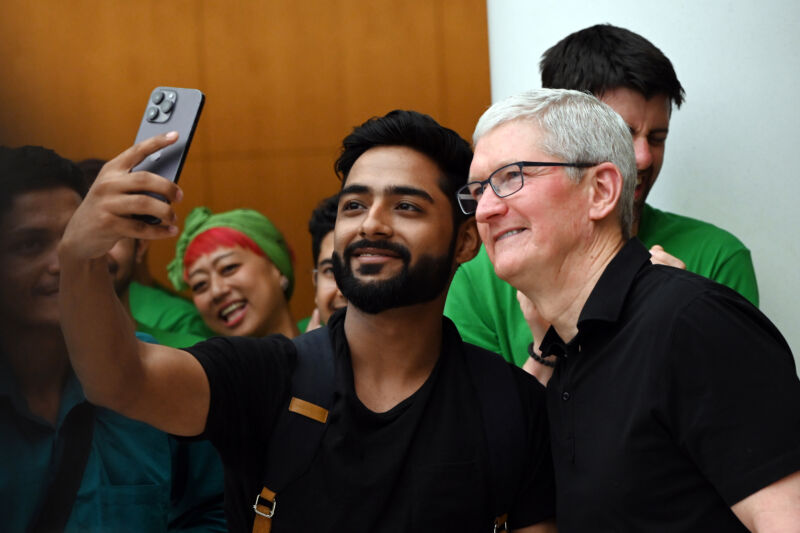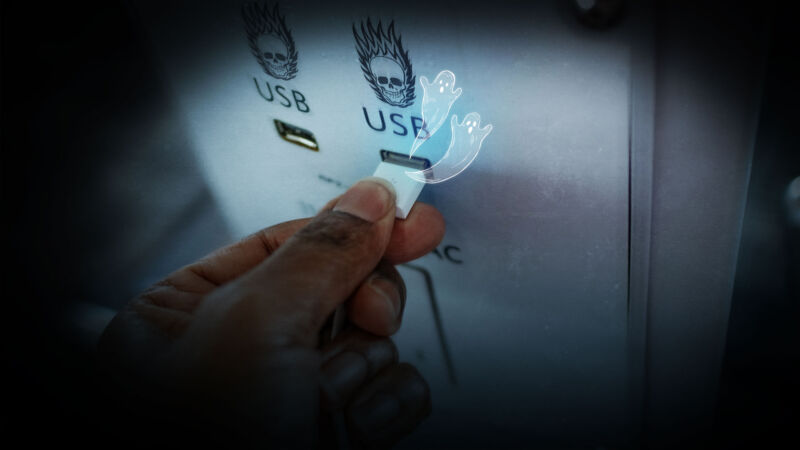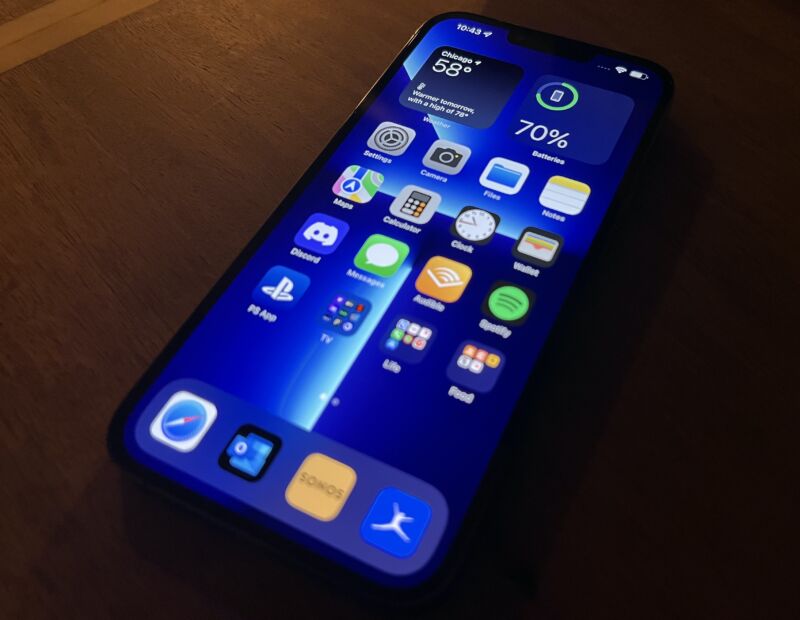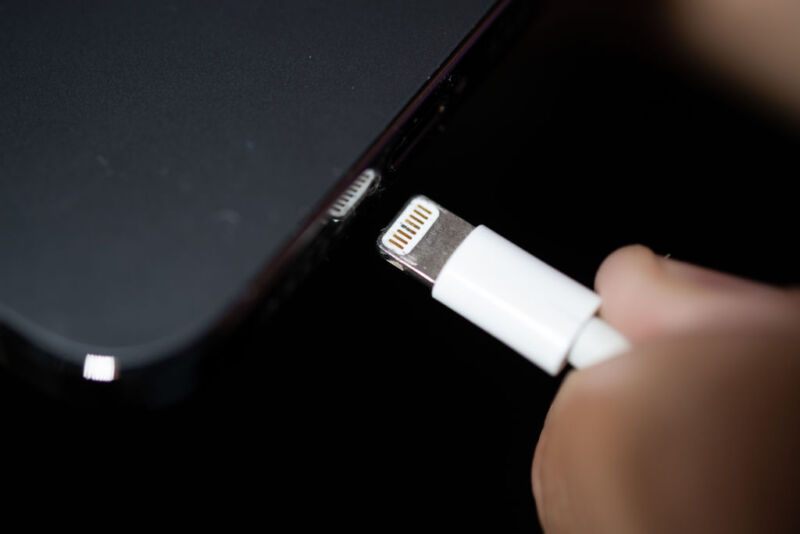-
 chevron_right
chevron_right
Apple will allow reuse of iPhone parts for repairs, with a notable catch
news.movim.eu / ArsTechnica · Thursday, 11 April - 19:13
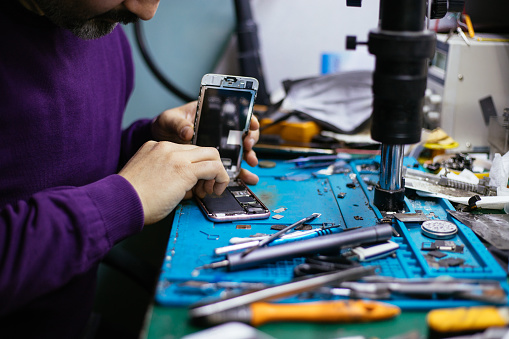
(credit: Getty Images)
Apple has always had a strong preference that only its own parts be used in repairs, but only if they're brand-new. Now, soon after Oregon passed a repair bill forbidding devices from rejecting parts with software locks, or " parts pairing ," Apple says it will allow for used Apple parts in future iPhone repairs.
While noting that "pairing" is "critical to preserving the privacy, security, and safety of an iPhone," Apple states that it has worked for two years to allow for reusing Face ID and Touch ID sensors (i.e., biometric sensors) as well as moving part calibration from its remote repair certification tools onto the iPhone itself. As a result, "select iPhone models" this fall will allow for reusing biometric sensors and other parts, and anyone ordering parts from Apple can skip sending a device's serial number, so long as the repair doesn't involve a new main logic board.
The new policy "is designed to maintain an iPhone user's privacy, security, and safety, while offering consumers more options, increasing product longevity, and minimizing the environmental impact of a repair," according to Apple's release.

